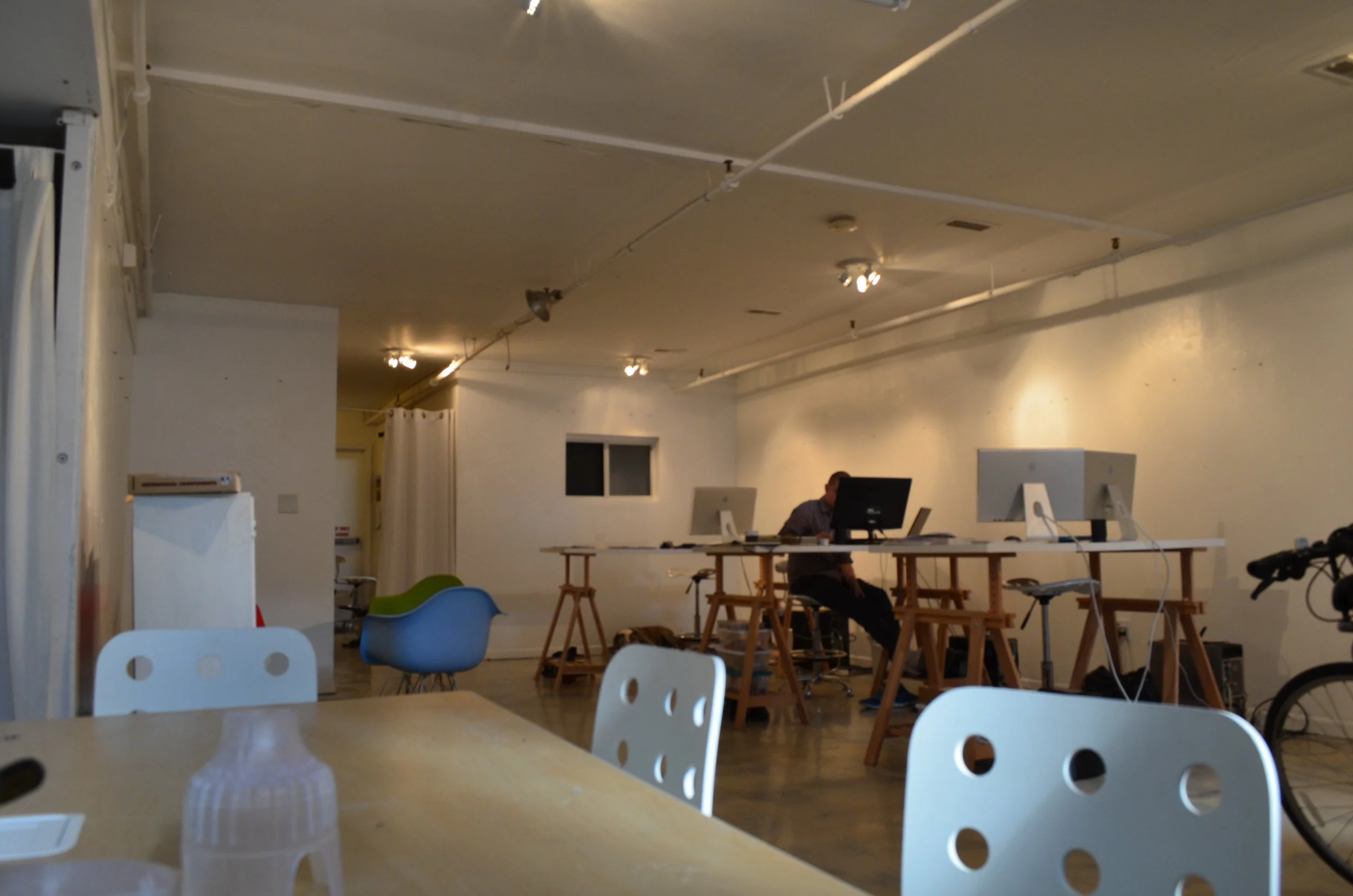Design:
- Consumer electronics are ruthlessly and rapidly commoditized which leads to many attempts at building better mousetraps through added features or leveraging design to find distinction and stoke desire. Eve-Tech took a radically user-driven route in their most recent tablet product, crowdsourcing the development through a large community of could-be customers to determine the feature set, finishes and even some of the engineering trade-offs. Product market fit is a big risk, even for established brands so having this crowd-vetting is a tempting method for mitigating risk. The downside risk is that crowds tend towards a more conservative development, asking for familiar features and incremental adjustments whereas Apple can and does kill off longstanding technologies in favor of overarching strategy (killing the headphone jack being the most recent), it's unlikely 5,000 users would sign off on such a choice.
- How bad design decisions make getting your vote to count more difficult.
Technology as a threat:
- Unsecured or poorly secured internet-of-things devices were recently weaponized: turned into a huge network of bots and used to orchestrate an epic distributed denial of service attack that brought down iconic internet brands like Netflix and Twitter. While it raised a lot of worries for technologists in the know, it's unlikely that end users will be terribly concerned about the news, if they follow the story at all. The consensus seems to be that if we're going to cover the earth with connected widgets, we need to improve the security of those objects with better engineering and designing user-onboarding that makes higher security and patching the default, not the best practices of power-users.
- Platforms that fail to take the abuse and harassment that travels via their tools are starting to pay a serious financial price for it: Salesforce and Disney both allegedly backed out of offers for twitter based on the potential for a sort of toxic-halo effect, tainting their brands with stories of high-profile harassment. Whether twitter has the will, technology or momentum to correct the nastiest corners of their platform remains to be seen, but developers of future social products and services and their investors will certainly be looking at user harassment in a different light.
Automatons:
- A thoughtful read on the powerful symbolism and embedded ideologies of car culture in the U.S. and the impact that driverless cars will have in remodeling those philosophies for the 21st century. Will the end of independent ownership of cars and the rugged individualism filtered through expensive consumer goods mean a shift in the flavor of capitalism practiced in the U.S.?
- Industrial robotics heavyweight Fanuc is teaming up with the chipmaker Nvidia to create a "mind-hand" connection for robots with the goal of allowing them to learn on the job; troubleshooting their way through minor changes that would detail traditionally programmed robots. While human hands remain more flexible, nimble and reliable than machines in the near term, the ability for machines to share their "experience" instantaneously across a network is a unique superpower that could rival our own intelligence sooner than anticipated.
Our Weird Future:
- There's a local startup that's developed a connected wine bottle. Last week we tried it out with some wine experts for the Boston Globe.

